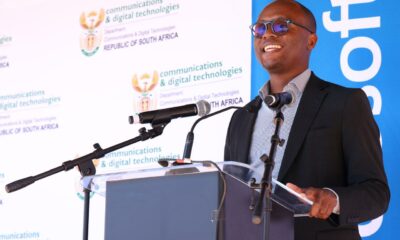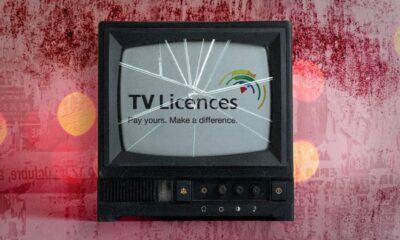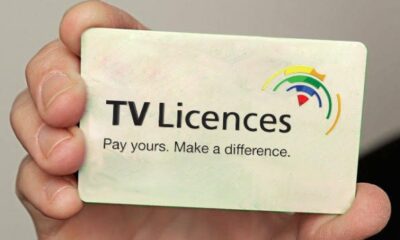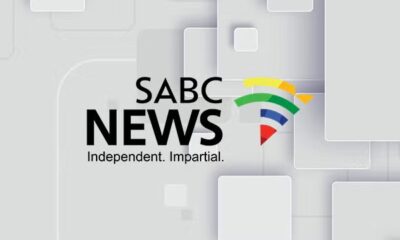Business
SABC Faces Financial Crisis as TV Licence Compliance Drops Below 20%
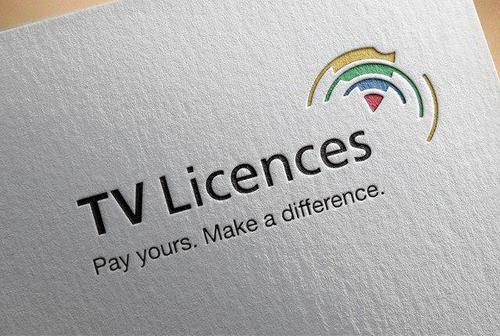
The South African Broadcasting Corporation (SABC) has sounded the alarm over its worsening financial situation, revealing that fewer than 20% of households in South Africa are paying their TV licence fees.
During a briefing to the Standing Committee on Public Accounts (Scopa) this week, SABC CEO Nomsa Chabeli said the broadcaster is being stretched to breaking point. With public funding dwindling, the SABC is increasingly reliant on commercial revenue to fulfil its public service mandate—a model that is proving unsustainable.
“Only about 13% of our revenue comes from TV licences, and that percentage continues to drop each year,” Chabeli told MPs.
According to Chabeli, the SABC receives no direct funding for its core public broadcasting responsibilities, despite being mandated to deliver essential programming to millions of South Africans across languages, provinces and socio-economic backgrounds.
“We have to take commercial revenue and use it to fund public broadcasting. This puts a huge strain on our operations,” she explained.
Compliance Far Below Global Standards
Chabeli contrasted South Africa’s poor compliance rate with global norms. At the British Broadcasting Corporation (BBC), for example, over 80% of households comply with TV licence regulations. In South Africa, the figure is under 20%, despite legislation mandating that anyone with a TV device must hold a valid licence.
The CEO also noted the growing difficulty in enforcing licence payments, especially among consumers buying new TV sets or devices capable of accessing broadcast content.
“There is no effective legislation that compels new buyers to pay for a TV licence, which makes enforcement extremely difficult,” she said.
Sustainability at Risk
The SABC’s financial reports show that only 55% of the public mandate is currently funded. The remainder is covered through advertising and other commercial income streams, which are themselves vulnerable to market pressures and economic downturns.
Chabeli’s briefing underscored a warning that has been sounded for years: without meaningful reform to the TV licence model—or alternative funding mechanisms—the public broadcaster’s future is at risk.
Calls for Urgent Legislative Reform
The SABC has previously lobbied Parliament to revise the TV licence model, potentially replacing it with a more modern, technology-neutral household broadcasting levy. However, no final decisions have been made, and the issue remains stalled at policy level.
In the meantime, the broadcaster continues to operate in a precarious financial position—delivering news, education, and cultural programming to millions while receiving less and less in return from the public it serves.
As policymakers consider the future of public broadcasting in South Africa, the SABC’s crisis serves as a stark reminder: public media cannot survive without public support.
{Source: IOL}
Follow Joburg ETC on Facebook, Twitter , TikTok and Instagram
For more News in Johannesburg, visit joburgetc.com

